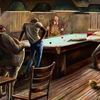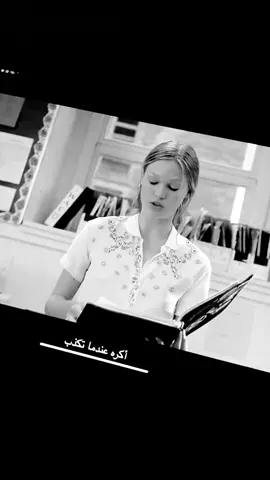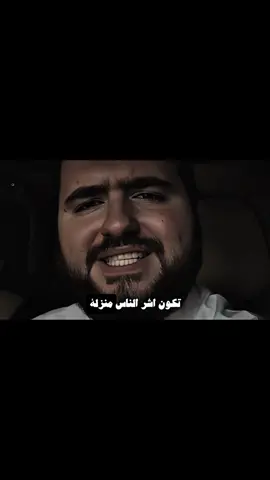@kelvinwashington36: Ralph Waldo Ellison, novelist, literary critic, and scholar, was born in Oklahoma City, Oklahoma. In 1933, Ellison entered Tuskegee Institute on a music scholarship, but after his third year, he moved to New York City, where he met Richard Wright, who encouraged him to pursue a career in writing. From 1937 to 1944, Ellison had over 20 book reviews, short stories, and articles published in magazines. In 1952, he published the novel “Invisible Man” which won the 1953 National Book Award. In 1964, Ellison published “Shadow and Act,” a collection of essays, and began to teach at Rutgers and Yale University. In 1969, he received the Presidential Medal of Freedom and the following year he became a permanent member of the faculty at New York University. In 1975, he was elected to The American Academy of Arts and Letters and Oklahoma City honored him with the Ralph Waldo Ellison Library. In 1985, he was awarded the National Medal of Arts. In 1962, the futurist Herman Kahn recruited Ellison as a consultant to the Hudson Institute in an attempt to broaden its scope beyond defense-related research. In 1964, Ellison published Shadow and Act, a collection of essays, and began to teach at Bard College, Rutgers University and Yale University, while continuing to work on his novel. The following year, a Book Week poll of 200 critics, authors, and editors was released that proclaimed Invisible Man the most important novel since World War II. In 1967, Ellison experienced a major house fire at his summer home in Plainfield, Massachusetts, in which he claimed more than 300 pages of his second novel manuscript were lost. A perfectionist regarding the art of the novel, Ellison had said in accepting his National Book Award for Invisible Man that he felt he had made "an attempt at a major novel" and, despite the award, he was unsatisfied with the book. Ellison ultimately wrote more than 2,000 pages of this second novel but never finished it. Ellison died on April 16, 1994, of pancreatic cancer and was interred in a crypt at Trinity Church Cemetery and Mausoleum in the Hamilton Heights neighborhood of Upper Manhattan After Ellison's death, more manuscripts were discovered in his home, resulting in the publication of Flying Home and Other Stories in 1996. In 1999, his second novel, Juneteenth, was published under the editorship of John F. Callahan, a professor at Lewis & Clark College and Ellison's literary executor. It was a 368-page condensation of more than 2,000 pages written by Ellison over a period of 40 years. All the manuscripts of this incomplete novel were published collectively on January 26, 2010, by Modern Library, under the title Three Days Before the Shooting... On February 18, 2014, the USPS issued a 91¢ stamp honoring Ralph Ellison in its Literary Arts series. A park on 150th Street and Riverside Drive in Harlem (near 730 Riverside Drive, Ellison's principal residence from the early 1950s until his death) was dedicated to Ellison on May 1, 2003. In the park stands a 15 by 8-foot bronze slab with a "cut-out man figure" inspired by his book Invisible Man. #fypシ゚viral #fyp #keepblackhistoryalive #fypシ #blackhistory #

kelvinwashington36
Region: US
Monday 12 May 2025 00:50:03 GMT
Music
Download
Comments
ms.jackie :
I have to read the Invisible Man with the depressing feeling how very, very very little has changed.
2025-05-14 01:23:21
1
Barbara Mcknight :
🥰🥰🥰
2025-05-12 14:10:43
1
Arnetra Pickens :
♥️♥️♥️♥️
2025-05-12 12:13:00
1
melhen643 :
🥰🥰🥰
2025-05-12 03:39:51
1
Michael mcdonald :
💯💯💯💯💯💯💯🔥👍
2025-05-12 00:58:06
1
To see more videos from user @kelvinwashington36, please go to the Tikwm
homepage.





